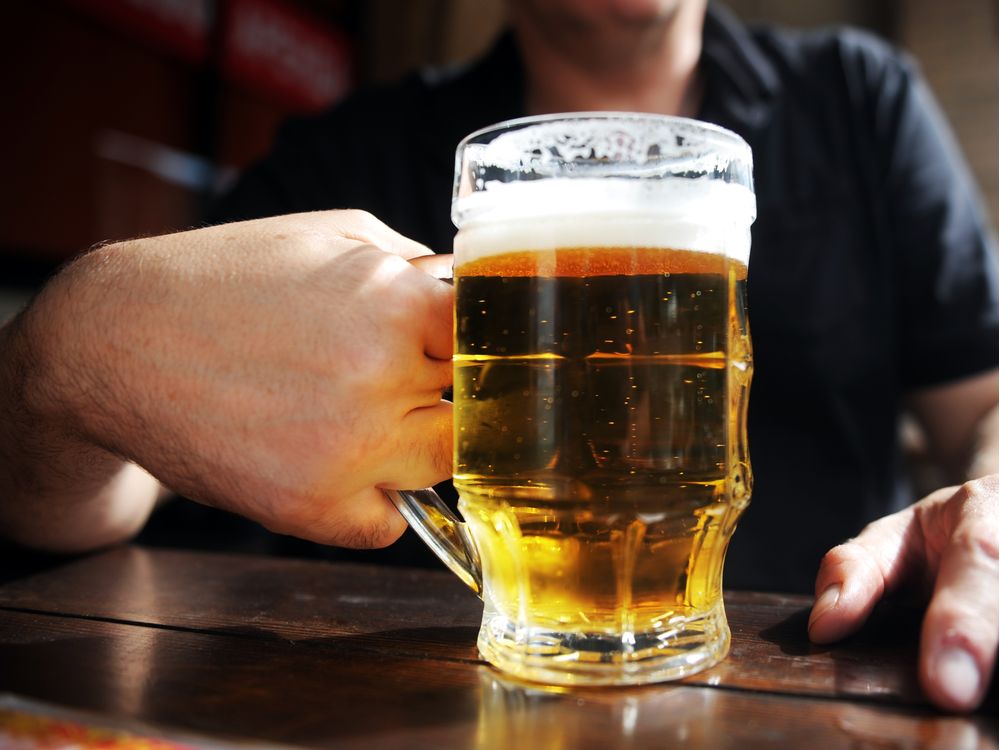You are here
Home 🌿 Recreational Marijuana News 🌿 Drug and alcohol use dropping among Montreal teens: study 🌿Drug and alcohol use dropping among Montreal teens: study

Montreal teenagers are drinking less and using drugs less frequently than they used to.
And they’re consuming less than their counterparts in the rest of Quebec.
New statistics comparing usage among high school students in 2016-2017 to five years previously show that 41 per cent of Montreal students reported consuming a complete drink (such as a full beer or whole glass of wine) in the previous 12 months, compared to 47 per cent of high school students in the earlier study.
Binge drinking was also down. Among those who reported drinking in the previous year, the percentage who drank heavily in one sitting — four drinks or more for girls, five for boys — dropped to 54 per cent, down from 62 per cent in 2010-2011.
Fewer teenagers were using drugs, with 16 per cent reporting using in the last 12 months, down from 20 per cent earlier. Weed use was also down, with 14 per cent saying they had used cannabis in the previous year, compared with 19 per cent in 2010-2011.
The figures should help change the public perception that cannabis use is rampant, said Natalia Gutiérrez, a public health specialist with Santé Montréal and one of the authors of the study.
“This will hopefully change the myth that everyone’s consuming,” she said. “I think it’s important to underline that more than 80 per cent of youth have not consumed cannabis. And if you look at the numbers for students in Grades 7 and 8, you see that 97 per cent of students have not consumed. Which is huge.”
By Grade 11, 31 per cent of respondents said they had consumed drugs in the previous 12 months. At least one third of those reported using drugs regularly — once or more per week — for at least a month of their lives.
The rates of usage and amount of the drops in consumption were fairly equal among boys and girls. They also indicated that alcohol remains more popular than drug use among teens.
Conducted as part of the Quebec Health Survey of High School Students in 2016-2017 — a provincial government initiative — questionnaires were given to every high school student in the province. More than 65,000 were distributed.
The results indicated students who had higher levels of consumption typically showed less self-control, were at greater risk of dropping out and often had less parental involvement in their lives. Strong family and community ties combined with healthy relationships were a strong deterrent to the use of psychoactive substances, the study’s authors noted.
Although the data collected did not specify causes, researchers hypothesized that better school and community awareness programs helped to fuel the reduction in usage, as well as improved health service offerings.
The debate around the legalization of recreational marijuana may have helped lower numbers, Gutiérrez said, because it allowed teachers and parents to talk about the issue with their children without stigmatizing it. She noted that similar drops in usage have been seen elsewhere in Canada.
While the data did not pinpoint why Montrealers consumed less than students in the rest of Quebec, the authors said Montreal’s multiculturalism might play a role, with more residents coming from cultures or religions where drinking and drug use are less prevalent or banned.
Consumption habits formed earlier in life are considered a key predictor of problem usage in adulthood, the authors noted.
There are two modern phenomena that occurred after the last study that will bear closer inspection: the rise in vaping, which was made officially legal in 2018, and whether the legalization of cannabis in October 2018 will have an effect on teenage usage.
The study to be conducted in 2021-2022 will include data on tobacco and vaping use, along with drugs and alcohol.
While 41 per cent of high school students reported drinking in the last 12 months, the study showed that usage increases with age: 69 per cent of Grade 11 students reported having a drink in the last 12 months. That figure was down from 75 per cent in the 2010-2011 study.
Among those students who reported drinking in the last year, one in five (18 per cent) reported they were high-frequency drinkers, meaning they imbibed at least one drink a week in the year before the study. Again, that number was down from five years earlier, when the percentage was 27 per cent.
Overall, researchers found that 96 per cent of students showed no signs of having drug or alcohol problems. Only two per cent were classified as “red light” cases, for whom specialized intervention was recommended.
420 Intel is Your Source for Marijuana News
420 Intel Canada is your leading news source for the Canadian cannabis industry. Get the latest updates on Canadian cannabis stocks and developments on how Canada continues to be a major player in the worldwide recreational and medical cannabis industry.
420 Intel Canada is the Canadian Industry news outlet that will keep you updated on how these Canadian developments in recreational and medical marijuana will impact the country and the world. Our commitment is to bring you the most important cannabis news stories from across Canada every day of the week.
Marijuana industry news is a constant endeavor with new developments each day. For marijuana news across the True North, 420 Intel Canada promises to bring you quality, Canadian, cannabis industry news.
You can get 420 Intel news delivered directly to your inbox by signing up for our daily marijuana news, ensuring you’re always kept up to date on the ever-changing cannabis industry. To stay even better informed about marijuana legalization news follow us on Twitter, Facebook and LinkedIn.




